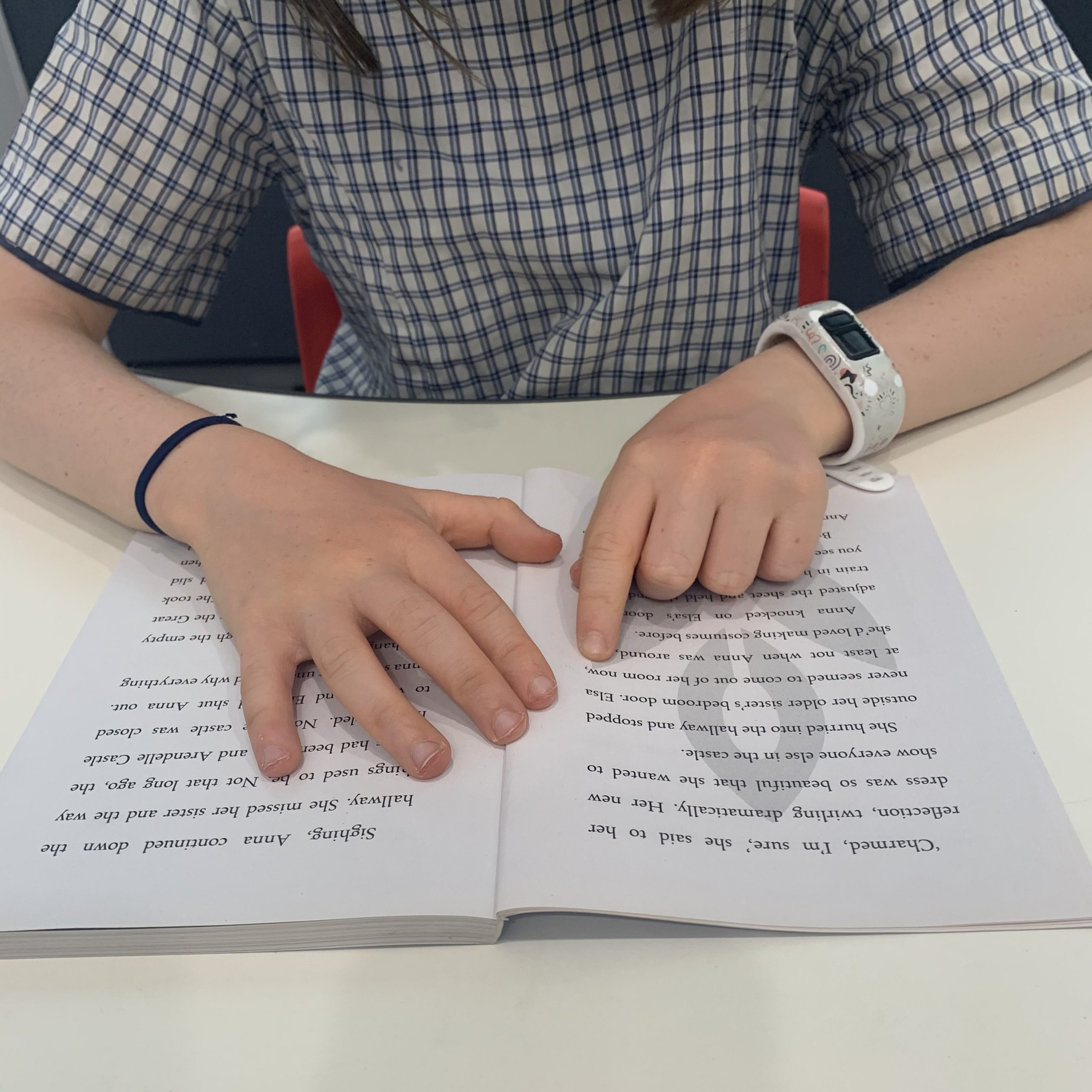
Understanding Specific Learning Disorders (SLD) and How to Support Children
Specific learning disorders (SLD) affect a child’s ability to acquire academic skills such as reading, writing, and maths. Children with SLDs often struggle with these skills despite having average or above-average intelligence. This difficulty stems from how their brains process information differently, and it’s not related to intelligence, motivation, or education level. Understanding the various types of SLDs and how to support affected children is essential for their development.
Types of Specific Learning Disorders
- Dyslexia
This SLD affects reading skills. Children with dyslexia may struggle with recognising letters, learning letter sounds, and comprehending words or sentences. They might read slowly and have trouble understanding the text. - Dysgraphia
Dysgraphia impacts writing abilities. Children with dysgraphia may find it hard to spell, have poor handwriting, or struggle to organise their thoughts in writing. Writing tasks can be slow and effortful. - Dyscalculia
Dyscalculia affects maths skills. Children may have difficulty with number recognition, basic maths concepts, and performing calculations. Challenges may include counting, telling time, or understanding money.
Common Signs of Specific Learning Disorders
- Reading Difficulties (Dyslexia):
Trouble recognising letters, reading slowly, and difficulties comprehending the text. - Writing Struggles (Dysgraphia):
Poor handwriting, trouble with spelling, and difficulty organising thoughts on paper. - Math Problems (Dyscalculia):
Difficulty with understanding numbers, counting, or performing simple calculations like addition and subtraction.
Causes of Specific Learning Disorders
The exact cause of SLDs isn’t fully understood, but several factors can contribute, such as:
- Genetics:
Learning disorders often run in families. If a parent has an SLD, their child may also have one. - Brain Structure:
Differences in how the brain processes information, especially in areas related to reading or language, can contribute to SLDs. - Environmental Factors:
Early childhood exposure to toxins, poor nutrition, or lack of stimulation may affect a child’s learning development.
Diagnosing Specific Learning Disorders
Diagnosing SLDs requires a comprehensive evaluation by professionals such as teachers, psychologists, and specialists. The assessment typically involves:
- Observation and Interviews:
Parents and teachers observe the child’s academic performance and behaviour. Parents may also provide developmental history. - Standardised Tests and Cognitive Assessments:
The child’s reading, writing, and maths skills are compared to their peers, while cognitive tests assess memory and processing abilities. - Medical Evaluation:
This rules out physical conditions like hearing or vision issues that may affect learning.
Supporting Children with Specific Learning Disorders
Children with SLDs can thrive academically with the right support. Here’s how:
- Individualised Education Plan (IEP):
This tailored plan outlines specific goals and interventions for the child, developed by educators, specialists, and parents. - Specialised Instruction:
One-on-one tutoring or small group instruction may help address their unique learning needs. - Accommodations:
Offering extra time on tests, audiobooks, or written instructions can help children learn more effectively. - Assistive Technology:
Tools like speech-to-text software help children with writing, while text-to-speech assists those with reading difficulties. - Multisensory Learning:
Using sight, sound, touch, and movement in learning can help children grasp concepts better. - Positive Reinforcement:
Celebrate each child’s efforts and progress, focusing on their strengths to build confidence.
Working with Speech Pathologists and Occupational Therapists
Speech Pathologists can support children with SLDs, particularly those who have difficulties with language and communication. They help children develop skills related to speech and language, which can affect both reading and writing. Occupational Therapists work on improving fine motor skills necessary for writing and other school activities.
At OneOnOne Children’s Therapy in Bondi Junction and Mascot, our team of Speech Pathologists and Occupational Therapists provides holistic support to children with SLDs. We help each child unlock their full potential with evidence-based interventions tailored to their unique needs.
Collaborating with Parents and Teachers
Supporting children with SLDs requires collaboration between parents, teachers, and specialists. Effective strategies include:
- Open Communication:
Regularly discuss progress and challenges to ensure the child is consistently supported both at home and school. - Consistency Across Settings:
Implementing the same learning strategies at home and school reinforces progress. - Parental Involvement:
Encourage parents to support homework and practice academic skills in a structured environment. - Professional Development for Teachers:
Teachers should stay informed about best practices for children with SLDs through regular training.
Building Self-Esteem and Resilience
Children with SLDs may struggle with self-esteem. Building confidence is essential:
- Focus on Strengths:
Encourage children in areas where they excel to boost confidence. - Set Achievable Goals:
Help children experience success with realistic, attainable goals. - Teach Self-Advocacy:
Teach children to understand their learning needs and ask for help when needed.
Conclusion
Specific learning disorders can impact reading, writing, and maths abilities, but with the right support, children with SLDs can succeed in school and life. Early intervention through Speech Pathology and Occupational Therapy can make a big difference.
At OneOnOne Children’s Therapy in Bondi Junction and Mascot, we are dedicated to helping children with SLDs reach their full potential. Our team provides expert care, working with parents, teachers, and the children themselves to create a supportive learning environment. Our Speech Pathologists are proud members of Speech Pathology Australia.
Ready to empower your child’s learning journey?
Let us help. Contact OneOnOne Children’s Therapy today to learn how our Speech Pathologists and Occupational Therapists can support your child’s growth. Visit our clinics in Bondi Junction and Mascot, or call (02) 80657837 to email us to book a consultation.
